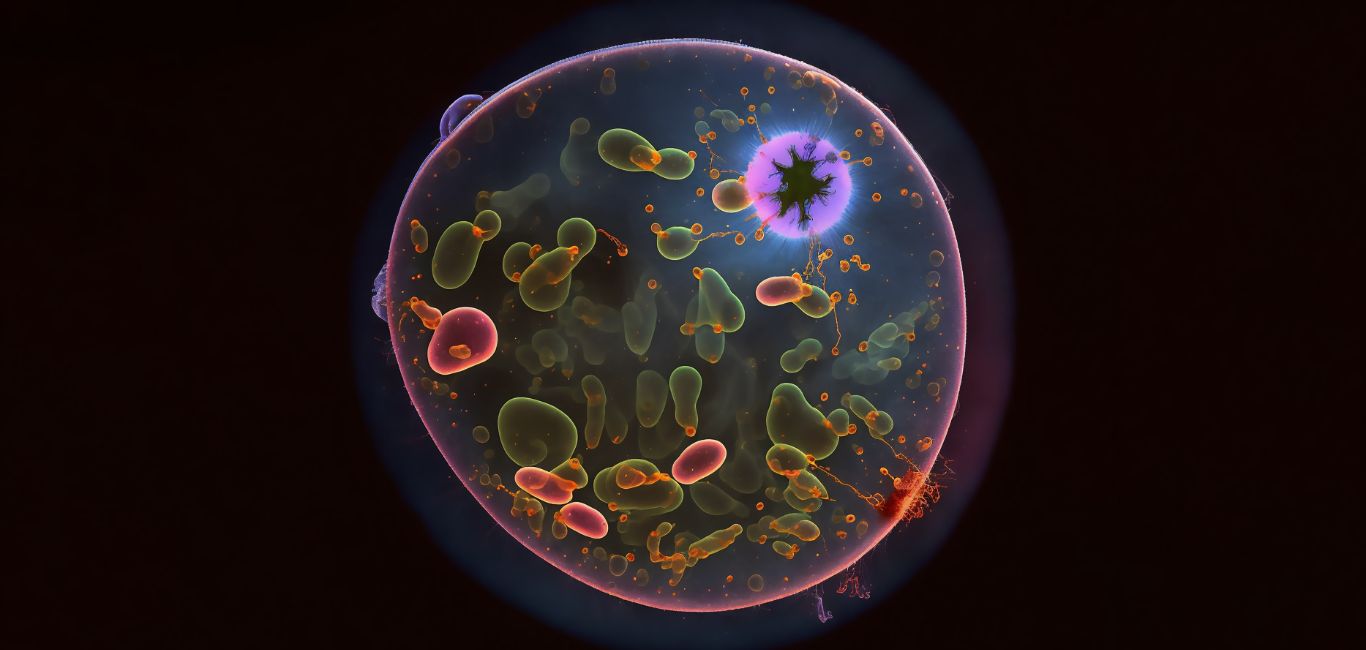
Erythritol, a natural sweetener, has been effectively used in trials to combat malaria parasite, according to a group of researchers from Special Centre for Molecular Medicine, Jawaharlal Nehru University, New Delhi.
According to the study published in the journal Science Direct, erythritol effectively inhibited the growth and reproduction of blood stage malaria parasite called Plasmodium falciparum (Pf).
Mice model studies have shown that erythritol stopped the development of the parasite as early as in the transition stage of its life cycle. Human trials are needed to conclusively prove its benefits.
At present malaria is treated according to the severity of an infected individual’s condition.
Emerging virulent strains of the malaria parasite have become resistant to traditional drugs, which has prompted researchers to look for new compounds that can combat the disease.
Erythritol is a four-carbon sugar alcohol that is mostly used as a sugar substitute and a food additive. It is permeable to aquaporins (pores present on parasitic cell surface), causing osmotic pressure within the parasitic cells that leads to water imbalance and cell burst.
When tested on mice, erythritol reduced the release of inflammatory compounds by their immune system and blocked the development of germ cells (Pf). This indicates erythritol’s anti-parasitic and anti-inflammatory activity which further inhibits the growth of the parasite.
Both in vivo and in vitro studies (i.e. within and outside an animal’s body) proved erythritol to be more efficacious than the standard anti-malarial drug artesunate. Its effect of inhibiting parasite growth increased when it was combined with artesunate.
The researchers stress that the absence of a vaccine against malaria forces scientists to constantly look for novel drug targets and anti-malarial drugs.
Since erythritol is considered safe as a sweetener study results support using it with conventional drugs to improve its efficacy against malaria.
“Malaria remains a major public health problem in India, carrying 2 per cent of the global malaria case burden and 2 per cent of global malarial deaths,” Dr Rajendra Kumar K P, consultant in critical care medicine at Aster RV Hospital, Bengaluru, tells Happiest Health.
Despite various efforts to reduce incidence rates of malaria, the vector-borne disease remains a major cause of death of children under the age of 5.
He adds that the parasite’s resistance to drugs and the resistance of mosquitoes to insecticides continue to thwart efforts to control malaria. Dr Kumar says the challenge of drug resistance is fought with triple combination drug therapy.
The applications
Experts say surveillance, data visualisation and analysis of data captured by mobile applications are part of the country’s malaria prevention programme.
Early diagnosis leads to faster recovery of infected persons and prevents its spread. Adoption of rapid molecular diagnosis methods like polymerase chain reaction also helps in this.
The JNU researchers recommend conducting clinical trials to evaluate the benefit of erythritol combined with established antimalarial drugs.















